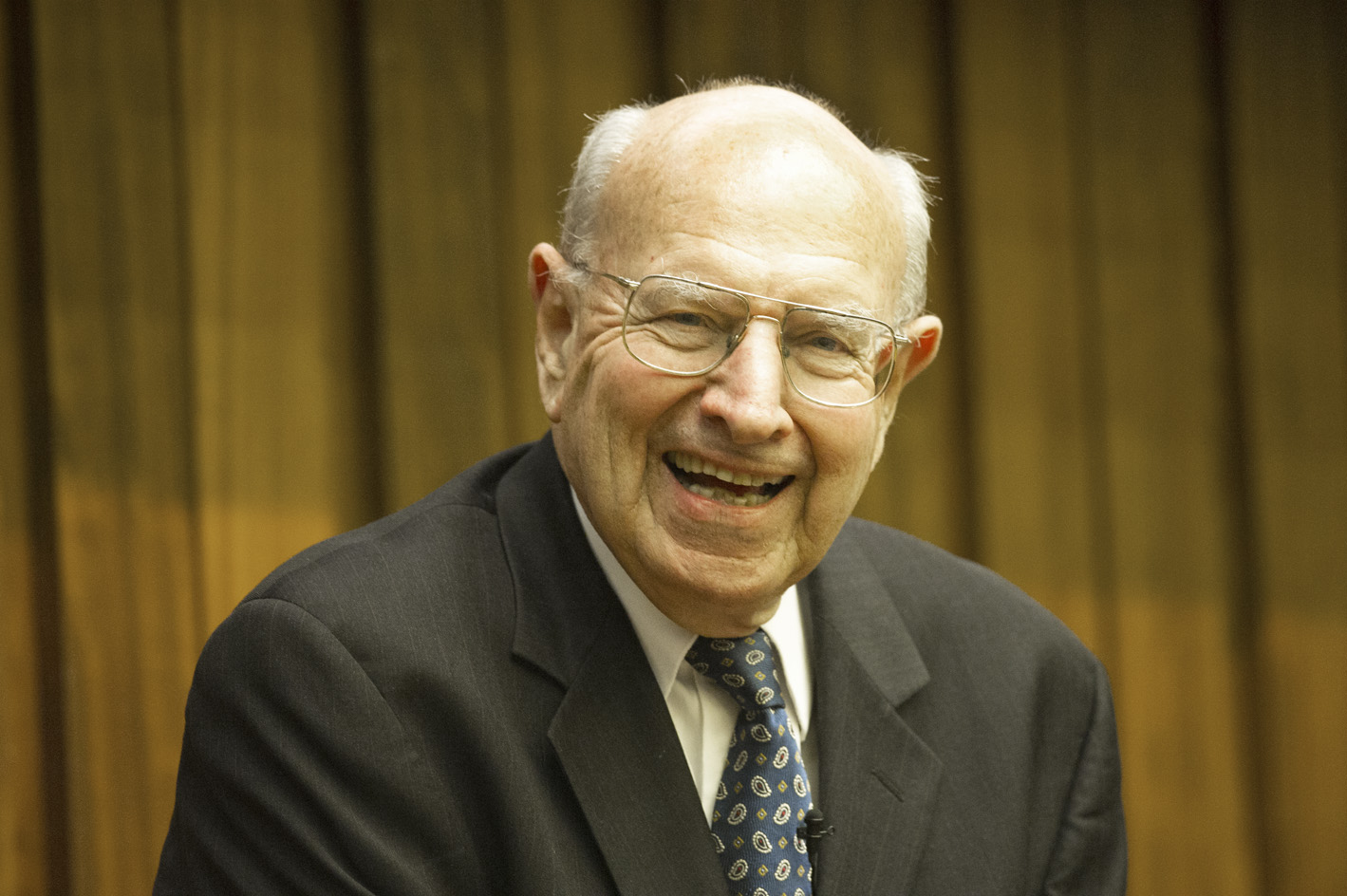
Ambassador Thomas Pickering on “the decade ahead: The US role in the world”
Last week the University of Oxford was fortunate enough to host Ambassador Thomas Pickering who gave the 2012 Fulbright Lecture on the topic of “The Decade Ahead: The US Role in the World”. It would have been difficult to find an individual more qualified for such a task, given the Ambassador’s highly successful four decade long career in the foreign service and considering that he is a man whose (deceptively, given his mental acuity) long life has been spent both in the study of international affairs and in the pursuit of the US’s interests and values within the world. His message comes at a poignant time, given the current academic fervour over the perceived decline of the US in the …
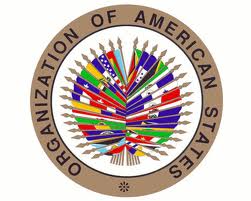
Coordination in the Fight Against Transnational Organised Crime in the Americas: another band-aid solution?
In light of last month’s VI Summit of the Americas in Cartagena, Colombia, it seems obvious and commendable that the Secretary General of the Organization of American States (OAS), José Miguel Insulza, would call on the leaders of the region Friday to help coordinate the fight against transnational organised crime. The threat is, he claimed, the “main challenge to security in our hemisphere.” Insulza’s call comes on the heels of the adoption in Cartagena of Mexico’s proposal to create an Inter-American Centre for Coordination against Transnational Organised Crime. It is clear that dealers in drugs, arms and human trafficking (these items increasingly the wares of the same criminal merchants) do not limit their activities to the confines of national borders. And …
Europe: the problem is not ‘north-south’ but ‘east-west’
In his stimulating recent post ‘France and the New Balance of power’, Oxford’s Geoffrey Gertz argues that the near-certain election of Francois Hollande will change the balance between ‘North’ and ‘South’ in Europe. Having for so long reckoned herself part of the German, Dutch, Scandinavian and Eastern European ‘North’, he suggests, France will now join Greece, Portugal, Spain, Italy and possibly Bulgaria and Hungary in the ‘South’. He may well be right: Hollande’s recent demands that the stability pact be renegotiated, that Germany would have to push for growth as well as balanced budgets and the whole tenor of his campaign is evidence enough. I wonder, though, whether a Hollande victory might not also have profound consequences for relations between …
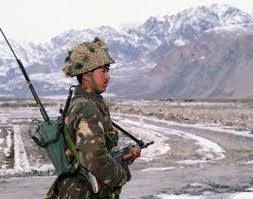
Madness over the Himalayas: Time to demilitarise the Siachen Glacier
For nearly three decades, India and Pakistan have engaged in a maddening conflict over Siachen Glacier in the Himalyan peaks of the disputed Kashmir region. The “world’s highest battlefield” has claimed thousands of lives due to hostile weather conditions—frostbite, avalanches and blizzards—along with over a hundred soldiers killed in sporadic combat until 2003, when the two countries agreed to a ceasefire across the Line of Control in Kashmir. The weather’s latest victims are 139 Pakistani soldiers who were buried deep in snow after an avalanche hit their Gyari battalion headquarters on April 7. Since then, the worsening weather has prevented the rescuers to gain access even to their dead bodies. Sustaining a conflict for so long at an altitude of …
France and the New Balance of Power in a Crisis-Stricken Europe
I’ve been neglecting my blogging duties of late as I’ve been preoccupied studying for an exam on International Relations theory and history. With the exam safely behind me I’m back to blogging, but still have academic IR debates on the mind, so today I want to write about what the history of early 20th century European relations can tell us about the continent’s current political economy. To grossly oversimplify, back in the pre-WWI days Europe was controlled by a number of Great Powers of roughly equal strength, who were in continual competition with one another to run the world. They typically pursued their goals by forming loose and shifting alliances; whenever any one state seemed to be getting too strong, …

Should America Care About Energy Independence?
For the past forty years, the United States has been dependent on foreign oil. In the early 1970s, declining domestic production and America’s ever increasing thirst for oil made dependency on imports a necessity, whilst the OPEC Revolution and the 1973 Arab oil embargo seemed to also make dependency a serious threat to national security. Beginning with the formulation of Nixon’s “Project Independence”, the US has sought to reverse this worrisome position and restore what is usually imagined as a quasi-paradisiacal state of nature: energy independence. Yet, while president after president emphasised the importance of tackling the problem, US net oil imports kept rising, until they peaked in 2005 at about 12.5 million barrels of oil per day, 65% of …
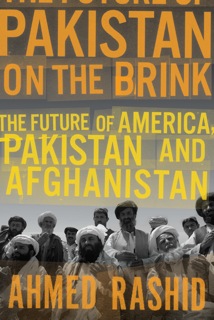
Is Pakistan a bigger problem than Afghanistan? A critical appraisal of Ahmed Rashid’s ‘Pakistan on the Brink’
Ahmed Rashid, the veteran Pakistani writer on the conflict in Afghanistan and Central Asia, has authored another book, titled Pakistan on the Brink: The Future of America, Pakistan and Afghanistan. A sequel to his four earlier books on the subject since mid-90s, especially Descent into Chaos (2008), the study underlines the precariousness of the Pakistani state’s chances for survival and the urgent need for policy resolutions. It also explains the causes of the recent deterioration in US-Pakistan relations and how they can be rectified; pinpoints factors responsible for the failure of the Obama Administration’s approach towards Pakistan and the Afghan war; and suggests ways to stabilise Pakistan and achieve a lasting peace in Afghanistan, amid the withdrawal of US and …
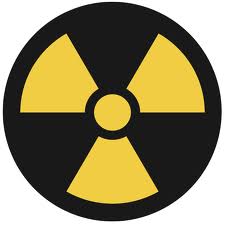
A Lot of Talk: the Seoul Nuclear Security Summit accomplished little
The recently concluded two day Nuclear Security Summit in Seoul (March 26-27) ended with a promise to meet again. It was a follow-up to the first summit in Washington and participants will gather in the Netherlands in 2014 for what will be the third (and final) global summit of its kind. As the name suggests, the focus of the 2012 summit was ‘nuclear security’, a term not to be confused with nuclear plant safety or nuclear safeguard rules set by the International Atomic Energy Agency (IAEA). In simple terms, ‘nuclear security’ is an effort to prevent the use of an atomic bomb by terrorists or illicit actors and provide security against nuclear terrorism. To this end the key participating countries pledged …









